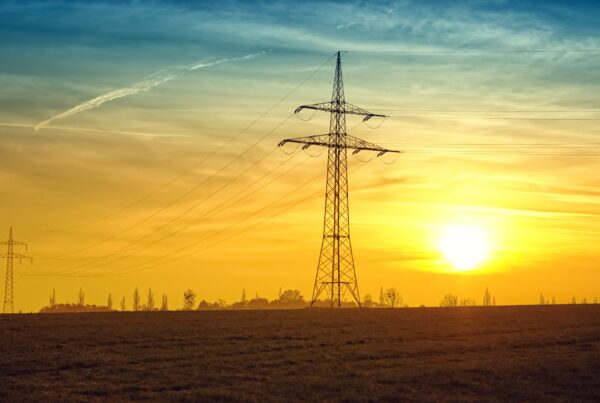
Energy supply such as electricity-grids, oil-, gas- and heat-grids, refineries, fresh water supply and waste-water treatment facilities, public transport, airports, payment systems, mobile communications and Internet services, justice systems including prisons and courts, agriculture, food, hygiene-goods supply and health care.
The most recent bottlenecks may well be visible in the health care-, food- and hygiene-sectors at this time. However, the people working in these areas do a tremendous job keeping their services alive, contributing to the continuous safety of us.
Major failures in any of these infrastructures could lead to cascading effects, yet all providers of essential services demonstrate awareness regarding the importance of their work and the stability they are required to provide. Many of them quarantined themselves at work, to escape infections, ensuring continuous operation of their essential service.
Just for example, imagine the impact of unavailable electricity, a service we generally take for granted. It would impact all electronics (e.g., Internet modem, TV, smartphone, hairdryer, etc.), water pumps in most regions, cooking, cellphone towers, payment systems that are not based on cash, pumps at most gas stations, and a myriad of other devices, services and systems.
We, as a society, should consider building up capacities for a minimum supply of all essential goods that are needed to operate these critical infrastructures. At the very least, we should keep minimal production capabilities for essential services nearby to reduce dependency on global supply lines. Our critical infrastructures should not depend on external support as much as they currently do. A good example can be seen in the shortages of facemasks, disinfectant and gloves. Our nurses and doctors work tirelessly in numerous situations, endangering themselves, to care for sick people.
Especially in dire times, the people working in these jobs deserve our gratitude and support. Kudos to the brave women and men working around the clock keeping our critical infrastructures operational. You literally keep the cornerstones of modern society alive.




